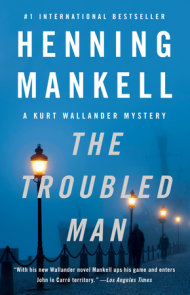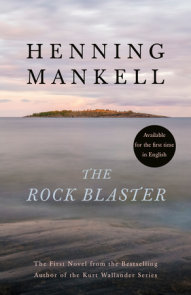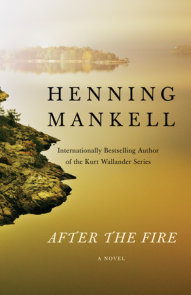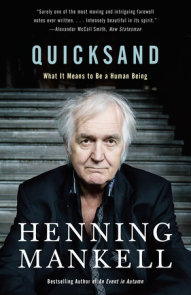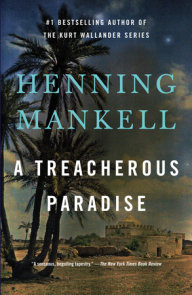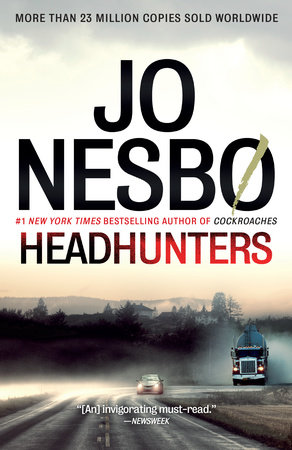

Add to Bookshelf
Faceless Killers
By Henning Mankell
By Henning Mankell
Best Seller
Part of Kurt Wallander Series
Category: Crime Fiction | Suspense & Thriller

Paperback
$17.00
Jan 14, 2003 | ISBN 9781400031573
-
$17.00
Jan 14, 2003 | ISBN 9781400031573
Buy the Paperback:
YOU MAY ALSO LIKE
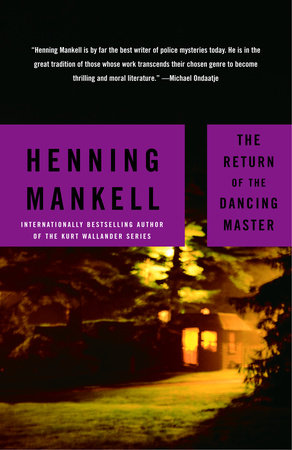
The Return of the Dancing Master
Paperback
$15.95
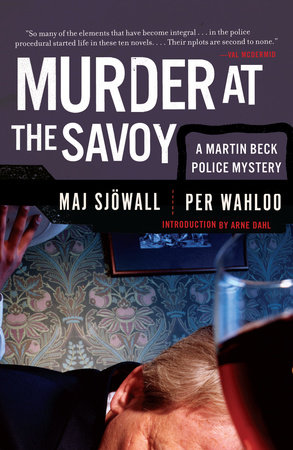
Murder at the Savoy
Paperback
$16.00
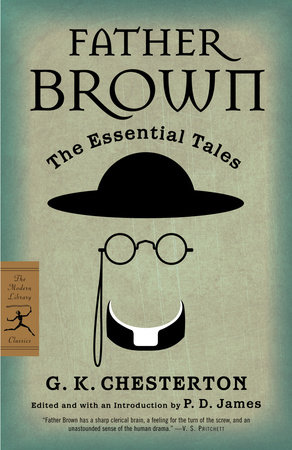
Father Brown
Paperback
$17.00
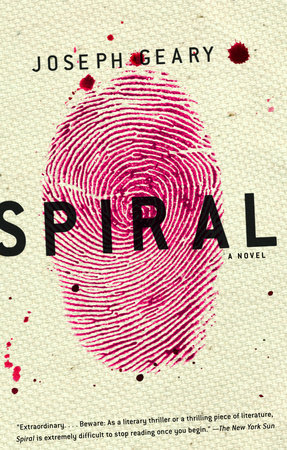
Spiral
Paperback
$14.00
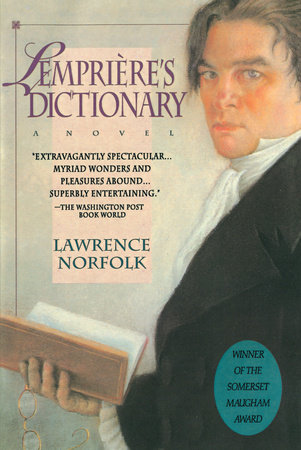
Lempriere’s Dictionary
Paperback
$19.00
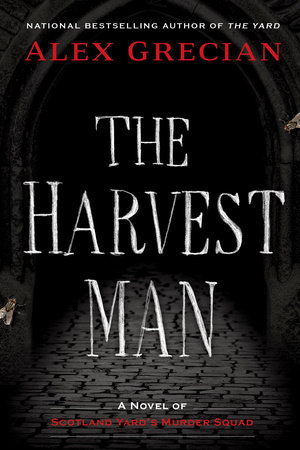
The Harvest Man
Paperback
$22.00
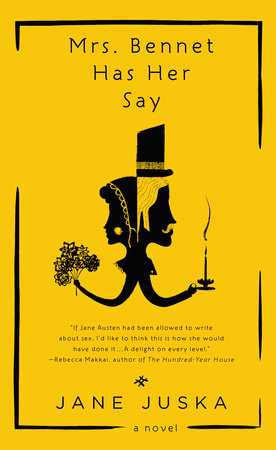
Mrs. Bennet Has Her Say
Ebook
$5.99
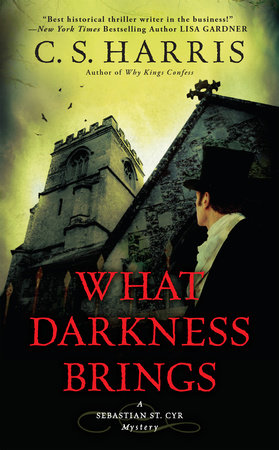
What Darkness Brings
Paperback
$8.99
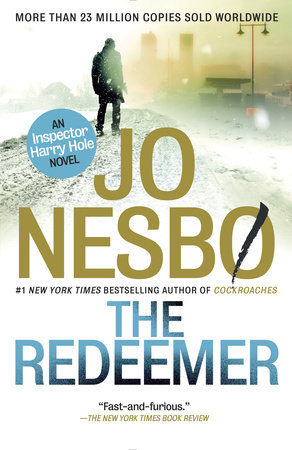
The Redeemer
Paperback
$18.00
Praise
“An exquisite novel of mesmerizing depth and suspense.” —Los Angeles Times
“An especially satisfying crime novel, like those of such past masters as Georges Simenon, Nicholas Freeling, and Sweden’s own Maj Sjowall and Per Wahloo.” —The Wall Street Journal
“Intelligent, moving and topical, this is a thriller of the very best kind.” —The Times (London)
“A well-crafted police procedural, the story moves along at a brisk pace and comes to an exciting climax.” —St. Louis Post-Dispatch
Looking for More Great Reads?
21 Books You’ve Been Meaning to Read
21 Books You’ve Been Meaning to Read
×
Become a Member
Just for joining you’ll get personalized recommendations on your dashboard daily and features only for members.
Find Out More Join Now Sign In









